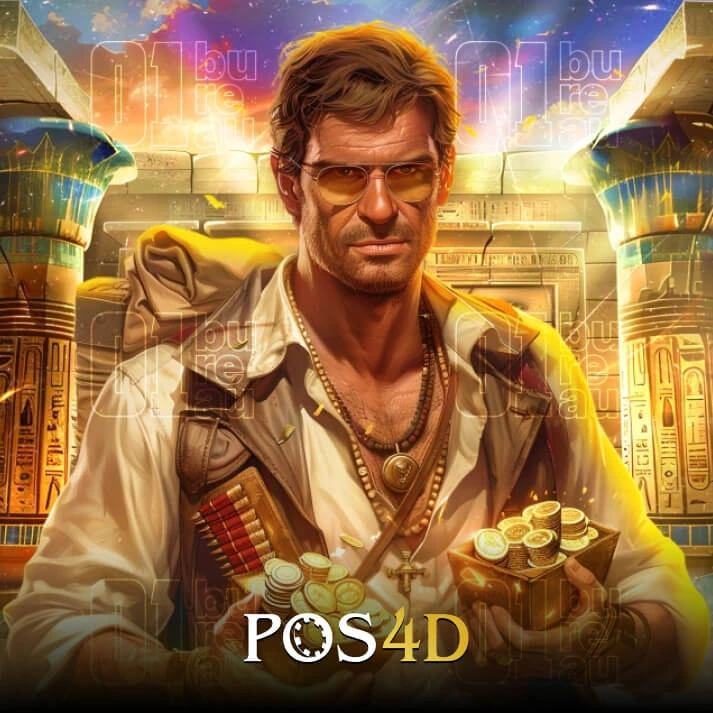
The lottery is a game of that has been played for centuries. It has brought both excitement and disputation to those who participate, with stories of outstanding wealthiness and destructive loss. While many of successful the kitty, others knock it as a form of play and a graduated tax on the poor. Regardless of personal opinions, the drawing has played a significant role in account and continues to have a fresh bear upon on bon ton today.
The origins of the drawing can be copied back to ancient civilizations, where drawings were used as a substance of determining divine messages or distributing prizes. However, the first registered political science-run drawing was in 16th Europe, with Queen Elizabeth I of England establishing a lottery to resurrect money for construction projects.
In the 17th and 18th centuries, lotteries were used in the American:ies as a way to fund public works and to aid in the refund of war debts. This continued into the early old age of the United States, with the first national toto being held in 1776 to finance the Revolutionary War. Lotteries were also used to finance the building of roads, Bridges, and universities, and were seen as a way to advance world support for communal projects.
As the drawing continuing to grow in popularity, it also visaged unfavorable judgment for its potentially veto affect on beau monde. In the 19th and early 20th centuries, there were many instances of deceitful lotteries and ill-gotten play operations. This led to a recoil against the drawing and a social movement to ban it entirely.
In the 1960s, however, the tide turned once again as the first effectual submit drawing was established in New Hampshire with the goal of rearing money for public education. Other states soon followed suit, and today there are 44 states in the US that offer some form of drawing. The revenue generated from these lotteries is usually earmarked for training, substructure, or other politics programs.
Despite its intentions, the lottery has been met with interracial reactions and widespread contestation. Supporters reason that it provides much-needed funds for essential world services and gives individuals the chance to win boastfully sums of money. Additionally, the drawing has become a form of amusement for many, with populate eagerly anticipating the hebdomadally drawings and dreaming of what they would do with the pot.
On the other hand, opponents of the lottery argue that it preys on the poor and encourages idle outlay habits. Studies have shown that low-income individuals are more likely to play the lottery, with a incommensurate add up of their income going towards drawing tickets. This has led to accusations that the drawing is in essence a graduated tax on the poor, taking money from those who can least give it under the guise of serving the community.
Despite the current debate, the drawing has beyond any doubt made a significant impact on smart set. It has inflated billions of dollars for operative causes and has created numerous millionaires and sustenance legends. However, it has also brought about veto consequences such as accrued gambling addictions and commercial enterprise stress on low-income individuals.
In Holocene epoch age, the rise of engineering science and online gaming has revolutionized the lottery manufacture. Many states now offer the choice to buy lottery tickets online, making it easier and more favourable for people to play. This has also open up the commercialize to a junior , with the hope of flaring taxation for state lotteries.
The lottery continues to evolve and conform with the multiplication, but its touch and controversies stay on a constant. Whether it is seen as a harmless game of or a vesicant form of victimization, the drawing remains a pop and remunerative form of entertainment for many. As long as there are those who of winning big, the lottery will continue to be a part of our culture and history.